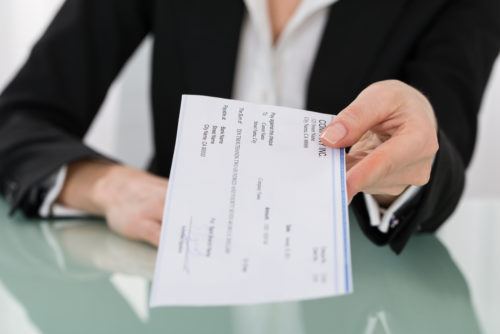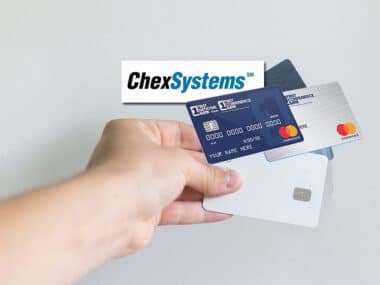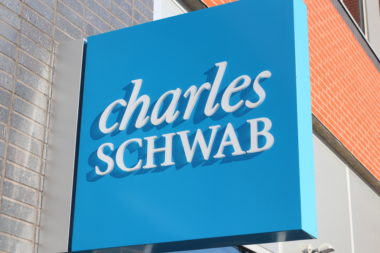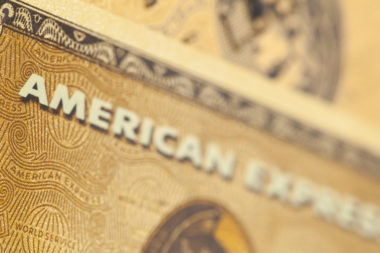
Although checks aren’t used as a form of payment as often as they once were, thanks to debit cards and electronic payments, there are still times when they’re the best option. When you write a check, the recipient expects that they’ll be able to present it to their bank and have the money transferred from your account into theirs. When this happens, and you have enough funds in your account to cover the check amount, it’s considered “cleared.”
If you don’t have enough money in your account, though, your bank may refuse to transfer the funds to the recipient and will return the check to them. This is what’s commonly referred to as “bouncing” a check. Bouncing a check results in fees, and in some cases, a loss of check-writing privileges — or it causes the bank to close your account.
If you write checks, even just occasionally, it’s important that you know exactly how much money you have in your account, and confirm that there’s enough for the check to clear. Because it can take a few days for a check to clear, keeping track of your outstanding checks is important, or you risk inadvertently overdrawing your account and harming your relationship with the bank. And if you deposit a check from someone else, expect that it may take a few days until the money actually lands in your account.
Table of Contents
How Long Does It Take for a Check to Deposit?
Depending on your bank’s policies, how the check is deposited, and even where you write the check, how long it takes for the check to clear can vary. Some retailers, for instance, have the ability to present checks to their bank electronically right away. When this happens, the purchase amount is immediately drawn from your account and transferred to the retailer. The transaction may show as pending on your account for a few days, but your bank balance will still reflect the purchase.
Generally speaking, checks take about two to three days to clear once they are presented to the bank, but there are times when the bank may hold a check for up to seven days. Different factors can influence how long it actually takes. For instance, most banks have cut-off times for deposits, which can be as early as 2 p.m. The processing clock starts ticking as soon as the check is deposited, but if it’s submitted to the bank after the cutoff time, processing usually won’t begin until the next business day.
Weekends and holidays can also influence how long it takes a check to clear. When you deposit a check via a mobile device on the Sunday afternoon before a Monday holiday, for example, the bank may not process it until Tuesday — and depending on the bank policies, you may not have access to all of the funds until Wednesday or Thursday. Although by law banks must make the first $200 of a deposit available the next business day, depending on the circumstances, it might take another day or two for the entire amount to be available.
Why Is My Check on Hold?
Although most checks clear within a few days, banks will sometimes hold on to them and delay processing. When you open your account, the bank will inform you of the policies regarding checks and processing times, and the reasons they may hold checks. Again, you can usually access at least some of your money within a business day, but if getting all of it takes longer, here are some common reasons why:
Insufficient Funds
If a check doesn’t clear right away, it could be because the check writer does not have enough money in the account to cover the purchase or payment. Banks’ policies vary when it comes to insufficient funds.
Some will clear the check and charge a fee for doing so, allowing the writer’s account to become overdrawn with the expectation that the account holder will make a deposit to cover the overdraft. Others may hold on to the check and attempt to clear it several times; each attempt may incur a fee.
Finally, in some cases, the check may be returned to the depositor unpaid. It’s then up to the recipient to collect payment from the check writer. If you write checks to businesses that don’t clear, it’s very likely that you will have to pay them, as well as your bank, a fee. These fees can add up, too: the average overdraft fee is $30, according to the FDIC.
Amount of the Check
If the check is for a large amount, generally greater than $5,000, it may take extra time to process while the bank verifies that it will clear. However, even checks for smaller amounts may be cleared in stages, with the first $200 available the day after deposit and the remainder within two to three days of deposit.
Account Has Been Open for Less Than 30 Days
If you are depositing a check from a new account that’s been open for less than 30 days, your bank will likely delay processing. You might also have your deposits held if your account is new. The bank is likely to cross-check and verify all deposits until you’ve established a history and relationship with them.
Keep in mind that if your history with the bank is spotty; i.e., your account has been overdrawn on multiple occasions within the last year, it’s possible that the bank will extend the holds on check deposits as well.
Timing of Check Deposit
Again, when you make a check deposit can determine when it clears. Missing deposit cutoff times or making deposits on weekends or close to a holiday can extend check processing time and how long it takes for them to clear. Making deposits via an ATM machine or mobile banking can also affect timing, as some banks have later cutoff times for those deposits.
Image Source: https://depositphotos.com/





